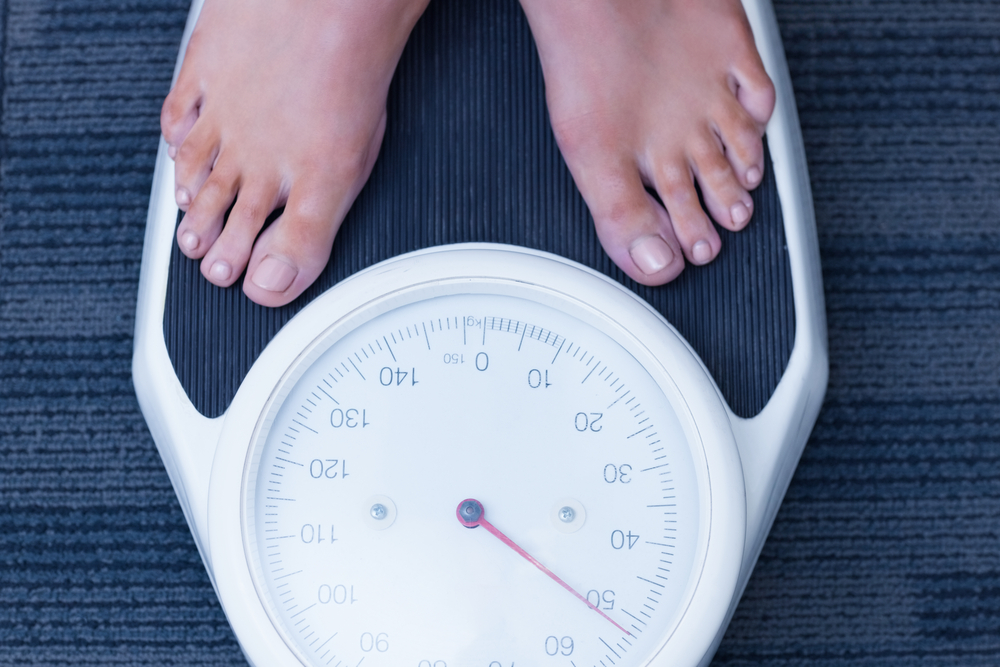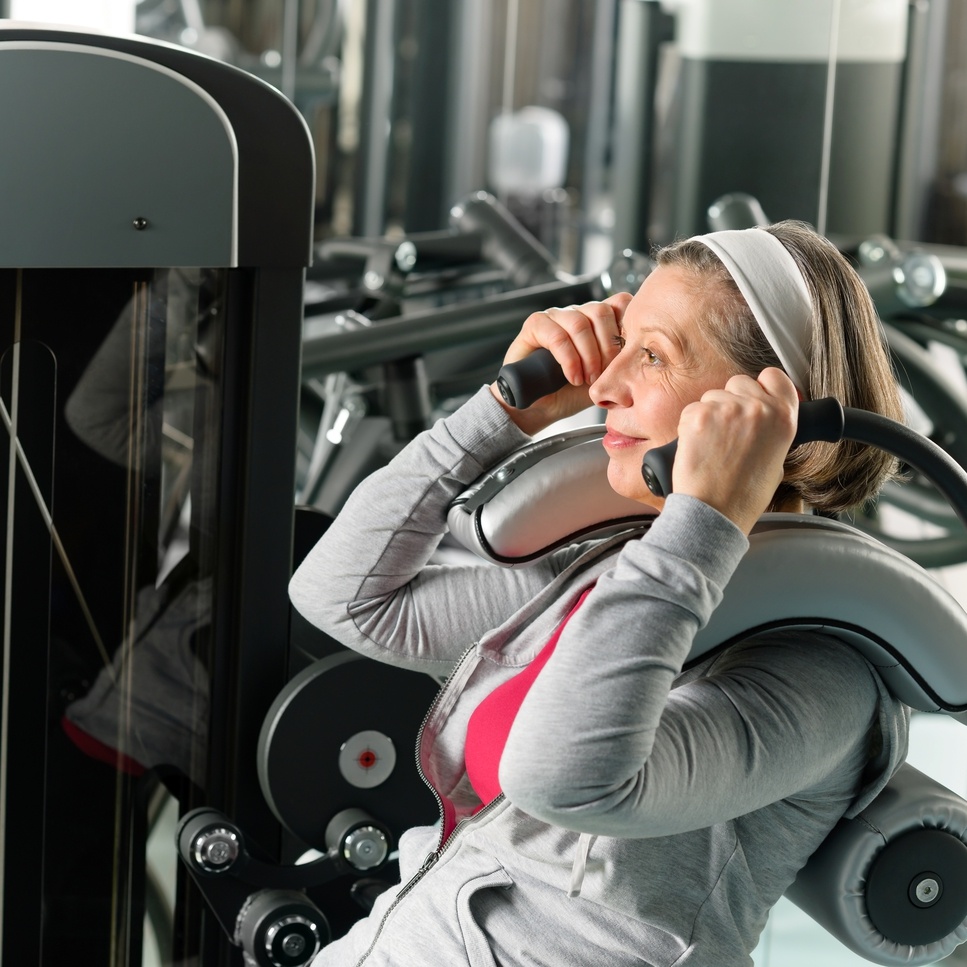Comparing Methods of Body Composition Analysis
Apr 8, 2024 7:15:00 AM Posted by Iowa Radiology
An analysis of your body composition can provide valuable information about your health. Various methods of body composition analysis (BCA) assess the content of fat, muscle, and bone in a person’s body. Many modern scales and...
Screening for Osteoporosis with a DEXA Scan
Mar 31, 2023 11:34:54 AM Posted by Iowa Radiology
Osteoporosis affects an estimated 10.2 million people over the age of 50 in the US. The condition causes bone fragility due to deterioration and loss of density, resulting in fractures for approximately half of women and a third...
Life After Menopause: Coping with The Effects of Low Estrogen
Nov 5, 2022 10:15:00 AM Posted by Iowa Radiology
Menopause and the years of shifting hormone levels that lead up to it (called perimenopause) cause changes in the body that affect both mental and physical health. Decreasing levels of estrogen and progesterone influence not just...
After You Know Your BMI, There Is Still More to the Story
Jun 2, 2020 11:30:00 AM Posted by Iowa Radiology
Why calculate BMI?
BMI is a widely used measure because it’s easy, convenient, and non-invasive. Anyone can quickly calculate their BMI at home with no information other than their current height and weight. You can calculate it...
Should I Wait to Get Body Composition Analysis Until I'm Done with My Diet?
Feb 14, 2020 1:10:55 PM Posted by Iowa Radiology
If you’re thinking about undergoing body composition analysis (BCA) to understand how to better manage your health, you may be tempted to shed pounds before getting on the scanning table. It can be most effective, however, to...
What Is Body Composition Analysis?
Dec 16, 2019 11:45:00 AM Posted by Iowa Radiology
Body composition analysis is the process of assessing the content of fat, muscle, and bone in the body. Body fat can be measured in a variety of ways, including using calipers to measure subcutaneous fat (fat stored beneath the...
Why Consider Bone Density Testing?
May 6, 2018 8:23:00 AM Posted by Iowa Radiology
What is bone density testing?
Bone density testing, also known as DEXA (an acronym for dual-energy X-ray absorptiometry) scanning, is a way of assessing bone mineral density using advanced, low-dose X-ray technology. It’s...

.png)


.jpg)



